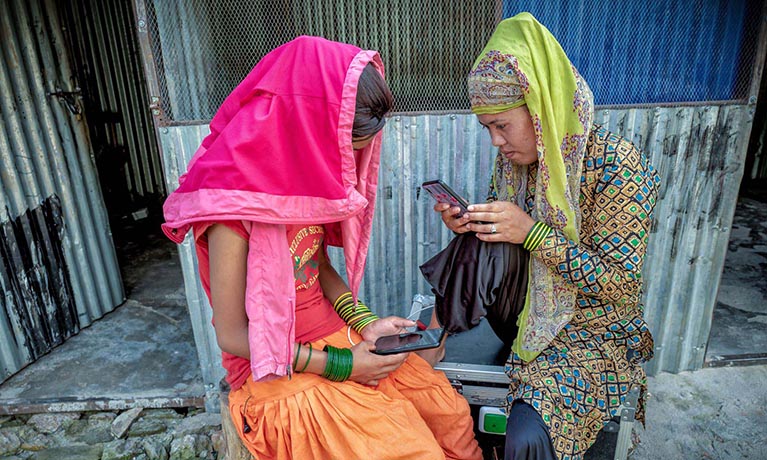Search
Coventry University researcher presents at United Nations Energy Debate

Image credit: Edoardo Santangelo
Thursday 30 September 2021
Press contact
A Coventry University researcher had the honour of being the only speaker from a UK university at a prestigious United Nations debate on energy hosted in New York.
Dr Alison Halford, Research Fellow at the Centre for Computational Science and Mathematical Modelling (CSM) at the university, was selected to join other key international experts in presenting her research at the virtual United Nations (UN) High-Level Dialogue on Energy: Online Stakeholders Thematic Debate.
Dr Halford spoke on a range of global energy matters linking to the UN Sustainable Development Goals (SDGs), covering the cultural and political complexity of providing sustainable energy in displaced settings.
She also spoke on the need to address gender inequalities for those living within migrant communities, specifically in relation to women’s roles and ownership of such energy systems, informed by her work in Coventry University’s Humanitarian Engineering and Energy for Displacement (HEED) project.
Dr Halford said:
Energy use and access is highly gendered within refugee communities. Taking part in the UN High-Level Dialogue on Energy allowed me to share how HEED worked with displaced communities towards challenging gender inequalities in energy access. I was also privileged to find out about the work of others in the energy sector, which included hearing from stakeholders who are transitioning to clean energy solutions, with SDGs at the forefront of their transitions.
Her presentation highlighted the need for specialist training for refugees to support them in the development of creating their own energy systems, whilst calling for women to be put at the centre of designing these new systems.
Dr Halford added:
I believe that prioritising gender-sensitive approaches to humanitarian energy projects will encourage more equal research practices. In particular, as more humanitarian engineering projects commit to combating gender bias, this could shift the narrative regarding refugees, particularly women and young people, from recipients of energy services to participants in the sustainability of the production, design and delivery of energy.
The event plays a key role in preparing for the UN High Level Dialogue on Energy in September 2021, where international leaders will gather for the first UN global gathering on energy since 1981.
Check in on the United Nations event webpage for further details, including a live video of the discussion.
About HEED: The Humanitarian Engineering and Energy for Displacement (HEED) project is an innovative response to growing recognition of the need to improve access to energy for populations displaced by conflict and natural disasters. Follow @energy4displacement on Twitter for updates.
About the Centre for Computation Science and Mathematical Modelling (CSM): CSM works in the areas of Big Data, Computer Science, Artificial Intelligence and Statistics to apply its findings in diverse zones, such as Biological Sciences, Health, Finance and Digital Arts. Follow @CovUni_CSM on Twitter for the latest news.




